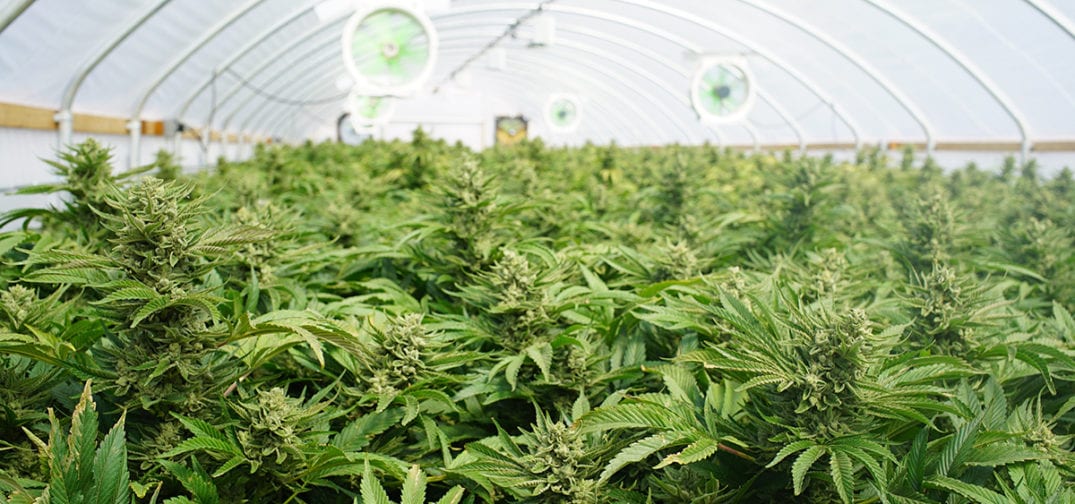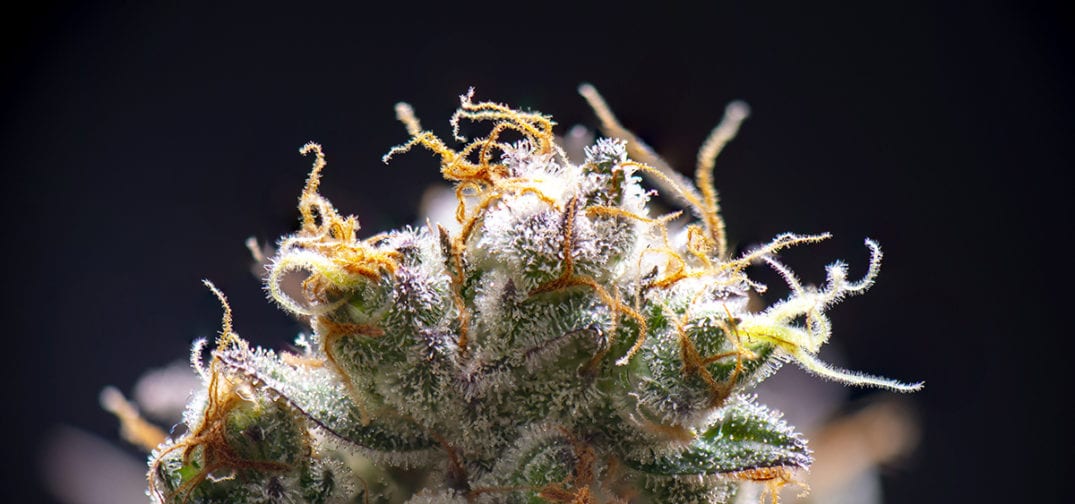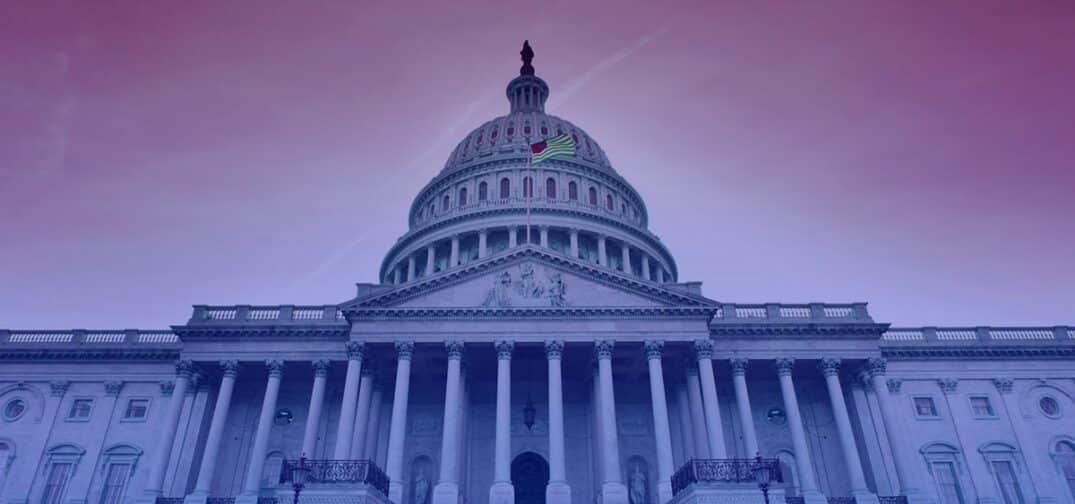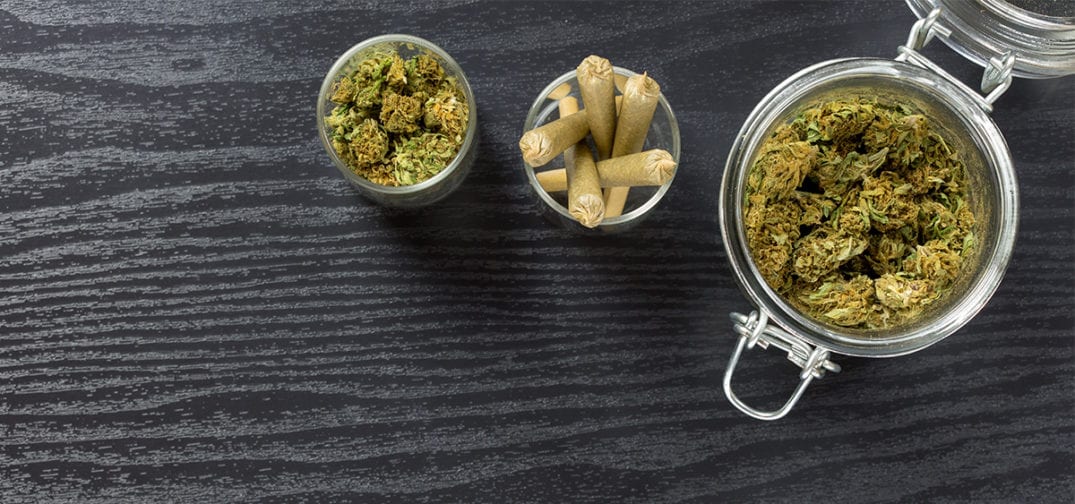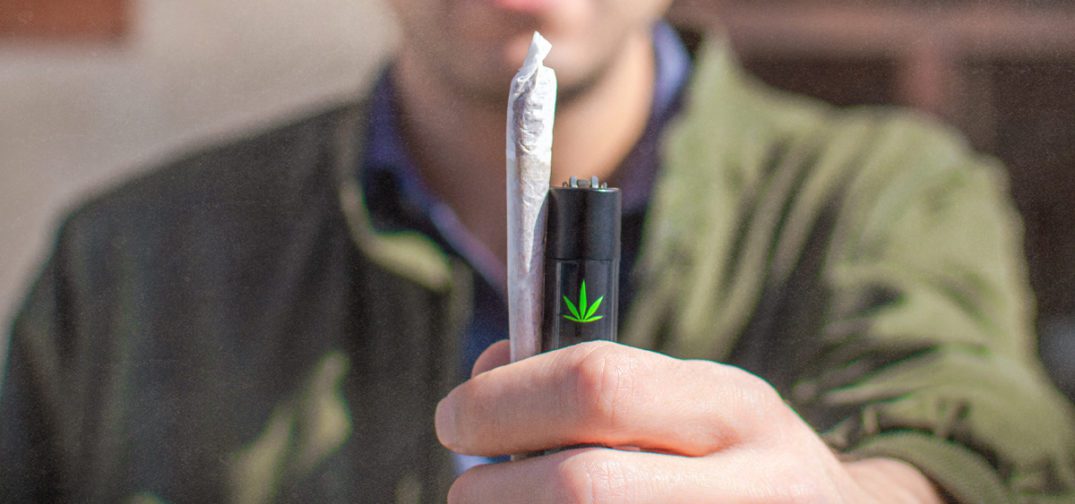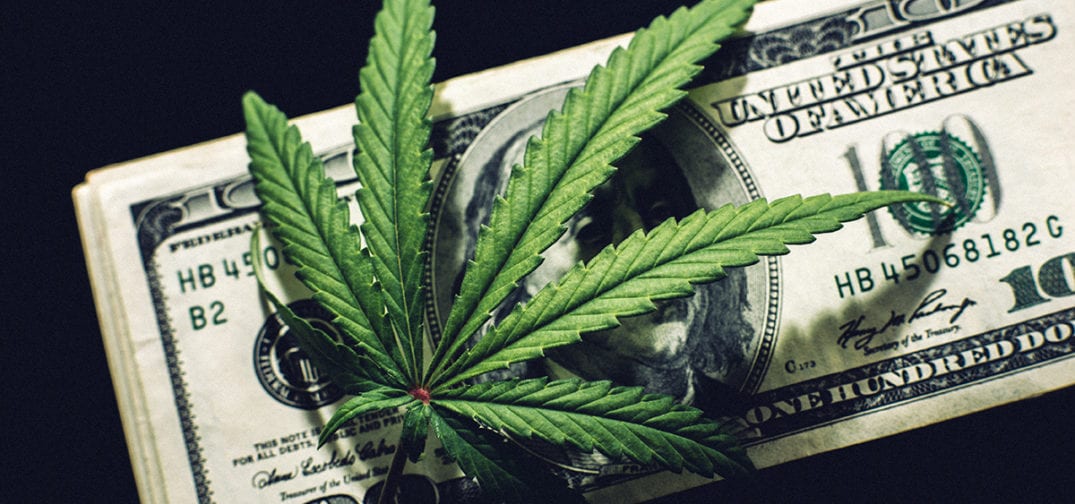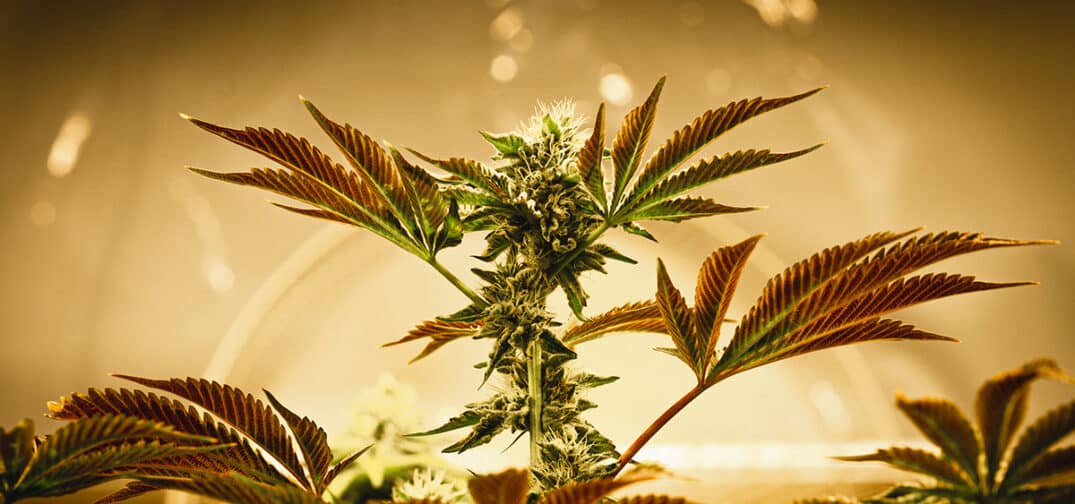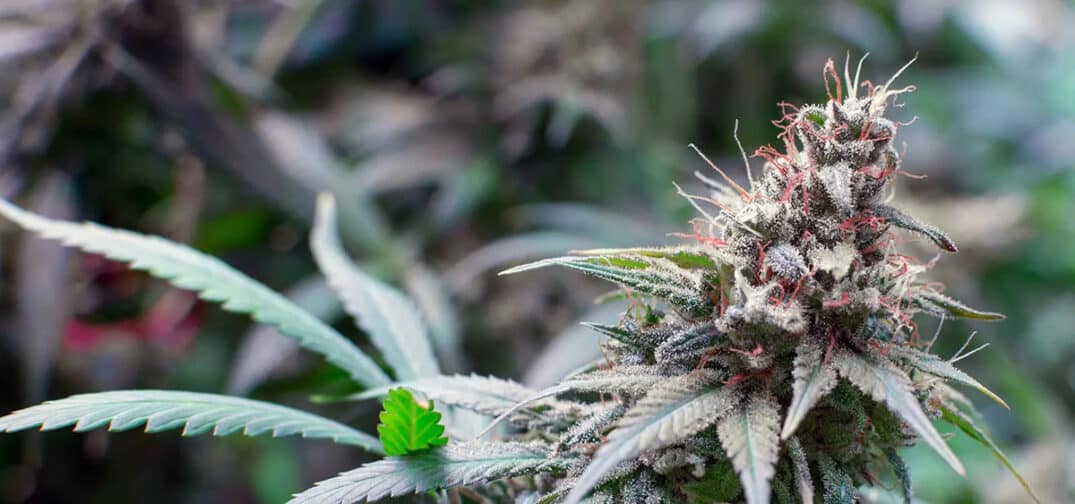A Vermont man fired from his job for medical cannabis use has appealed the state decision to deny a portion of his state unemployment benefits to the state Supreme Court, the Insurance Journal reports. Ivo Skoric, 59, representing himself, told the justices during a hearing last week that he is legally prescribed medical cannabis by a doctor and his work performance is excellent and not impacted by the medicine.
However, according to Skoric, in January 2023 he was terminated from his job at Marble Valley Regional Transit District in Rutland for misconduct after failing a drug test. Skoric’s job was to clean and fuel buses and drive them into and out of the garage onto a lot. The misconduct disqualified him from the benefits, according to the state.
“As a medical cannabis patient in Vermont to treat disabling conditions under Vermont’s Fair Employment Practices Act disability provisions, I should be protected by state agencies. I should not be disqualified from receiving unemployment.” — Skoric via the Insurance Journal
Skoric originally appealed to the state Employment Security Board after it was determined he was ineligible for state unemployment benefits for about a month and his maximum benefit was capped. In September 2023, the board agreed with an administrative law judge who ruled that Skoric engaged in conduct prohibited by his employer’s drug and alcohol policy, “exposing him to discipline including termination of his employment.” The judge determined that because he was discharged for misconduct, he was disqualified from those benefits.
Jared Adler, a lawyer representing the Vermont Department of Labor, argued that the court should affirm the board’s decision because “Vermont’s drug code does not guarantee unemployment benefits to people who test positive during a random drug screening” and that Skoric was discharged for misconduct for violating an acknowledged workplace safety policy.
End




